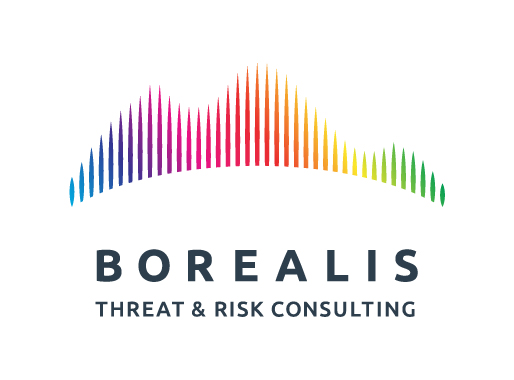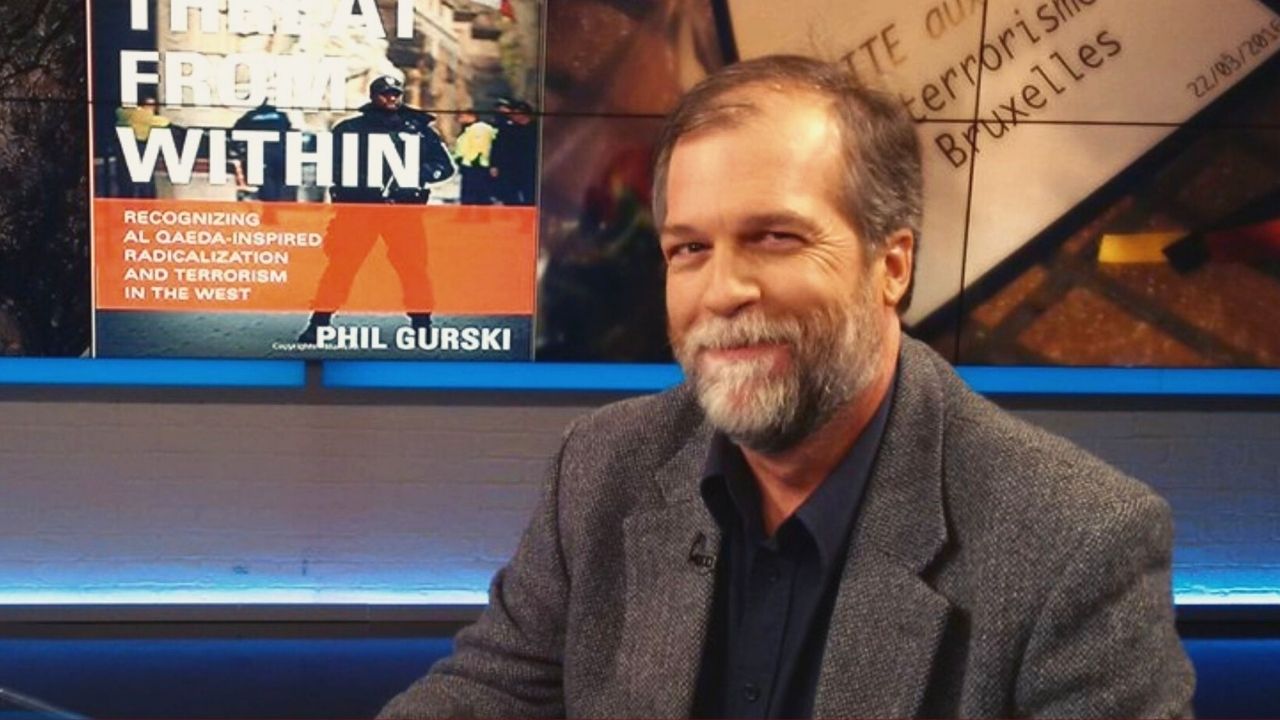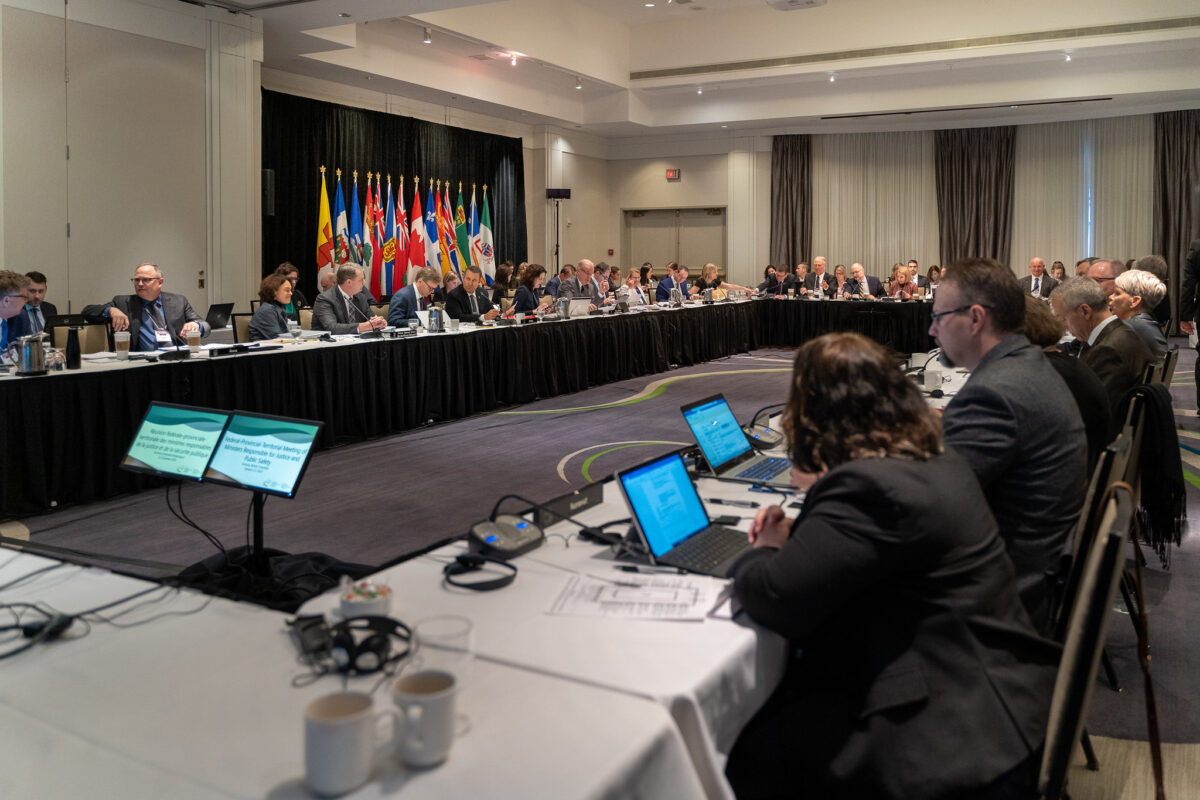It is amazing how the topic of national security has risen to grab our attention in recent years. In earlier eras national security was not a subject the average citizen was obsessed with.
Even during the Cold War, when both the US and the USSR had enough nukes to destroy each other many times over, a true (inter)national security threat if there ever was one, we did not see this necessarily as a water cooler topic.
Now, every newspaper and Website has on a daily basis some story that has, purportedly, national security import. Governments have ‘national security advisors‘, officials who have the ear of the President/Prime Minister/Grand Poobah. High access indeed!
What is lacking in all this is a mature understanding of what constitutes an actual national security threat. Note that the menace has to have NATIONAL effect: a crime wave in a small city is not, by definition, national in scope. And yet all kinds of threats have been put forward as part and parcel of this area of interest.
It stands to reason, then, that some issues traditionally characterised as national security threats as I have just defined the term, are truly in that vein:
- global warming/climate change – something affecting the entire planet has to be in this box;
- cyber attacks – if whole infrastructure systems (communications, energy, etc.) are being targeted this too counts;
- foreign attempts to interfere in the affairs of another nation – having a measurable impact on elections, for example, do have national impact
- military incursions which may demand an international response – Russian moves near Ukraine or Chinese aggression against Taiwan may lead to mobilisation decisions that bring in several states.
I am sure there are more I am missing, but you get the point. Speaking of missing, did you see what was NOT on the list? Terrorism. Violent extremism of whatever stripe (jihadis, Hindus, the far right, anarchists…). How strange is that coming from a guy who worked in counter terrorism for 15 years and has written six books on the topic? Am I putting myself out of business?
Not at all – but wait a bit for me to explain.
There are, of course, places where terrorism IS a national security threat. In Afghanistan where a terrorist group, the Taliban, actually runs the show and could very well serve as haven for other likeminded Islamist organisations to plan attacks locally and further afield. In Somalia, where Al Shabaab variably takes control of whole towns. In Nigeria, where the country’s northeast is more or less the playground of Boko Haram and Islamic State’s West African Province (ISWAP). In Yemen, where the Houthis are the top dog in much of that nation. Other states where the menace is national would include Mali, Burkina Faso, Pakistan, parts of Iraq and India (here it is Hindu in nature – see the latest Borealis Perspective on this) and probably a few more.
Everywhere else terrorism is at best (at worst?) a local phenomenon which rears its ugly head once in a while. None of this is to imply it is not important or should not have the requisite resources devoted to it. After all, we want our protectors – security intelligence and law enforcement agencies – to prevent acts from occurring. Sweeping up the broken glass and gathering the body parts after is not good enough.
But in these locales, of which Canada is one, terrorism is better seen as a public safety concern rather than a national security priority. Simply stated, a jihadi attack on a Paris stadium or a right wing shooting at a mosque or synagogue is not even close to national in reach. These are indeed serious matters that may, and usually do, receive national or even international news coverage, but they do not have a national security cost.
Why does any of this matter?
Because when we mix up apples and oranges when it comes to the challenges we have on the security front we end up with a badly concocted fruit salad. So while we need to ensure that counter terrorism efforts are adequately funded with respect to money and personnel we do not need to have these discussions at the national level necessarily. Doing so just raises the fear level across the land and may also contribute to finger-pointing and the conflation of too many individuals or communities as responsible for the violence (i.e. the labeling of all Muslims as terrorists is a great example).
Let’s allow our qualified agencies, the TRUE experts when it comes to national security and public safety, do the jobs we pay them to do. Let’s challenge self-proclaimed experts to explain why they merit the moniker. And let’s not panic and see terrorism as a bigger threat than it really is. More people in Canada die in gang shootings or other forms of murder than will ever be killed by terrorists (in all likelihood: my crystal ball is out for repair!). Perspective is sorely required in this regard.
Read More About National Security

Quick Hits – Put up a ‘for sale’ sign at CSIS: its mandate has been compromised
The Canadian government has politicised the use and meaningfulness of intelligence and undermined the very agencies which provide it – not good!

So long and thanks for all the fish
Quick Hits 189 – This is the last podcast… for now.
What keeps French security forces up at night?
Episode 134 – A new report discusses the state of terrorism in France and Borealis talks to its author Alexandre Rodde from the Gendarmerie Nationale

